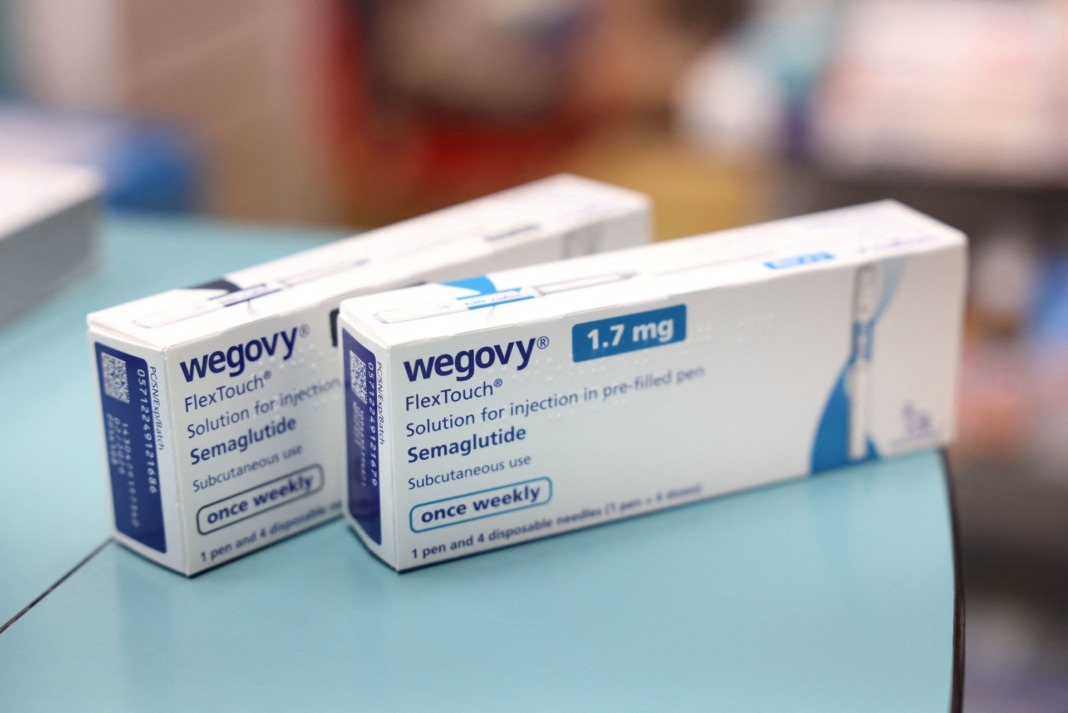In a groundbreaking move, the US Food and Drug Administration (FDA) has expanded the label for Wegovy, a weight loss medication manufactured by Novo Nordisk, to include significant cardiovascular benefits. This landmark decision marks the first time a weight loss drug has been cleared to reduce the risk of heart attack, stroke, or heart-related death in individuals at higher risk of these conditions.
Wegovy, which costs more than $1,300 per month out of pocket before any discounts, has faced accessibility challenges due to limited insurance coverage. However, with the FDA’s approval of its cardiovascular benefits, there is optimism that insurance coverage for the medication may improve, providing relief to patients in need.
Dr. Harlan Krumholz, a cardiologist and scientist at Yale University and Yale New Haven Hospital, emphasized the importance of this approval, stating, “The evidence is that they reduce risk and save lives – and so it is indefensible to deny people access, or make it difficult for people to access, medications that will directly improve their health.”
The approval was based on a comprehensive study involving 17,000 patients, which demonstrated that individuals taking Wegovy experienced a 20% lower risk of a cardiac event compared to those on a placebo. Wegovy, a sister drug to the well-known Ozempic, utilizes the active ingredient semaglutide, belonging to the class of drugs known as GLP-1 receptor agonists.
Wegovy is indicated for individuals with a body mass index (BMI) of at least 30 or those with a BMI of at least 27 and at least one “weight-related” health condition such as high blood pressure or cholesterol. Dr. John Sharretts, the FDA’s director of the Division of Diabetes, Lipid Disorders, and Obesity, hailed the approval as a significant advancement for public health, particularly for a patient population at higher risk of cardiovascular death, heart attack, and stroke.
Novo Nordisk’s trial focused on individuals with cardiovascular disease, including those with a history of heart attack or stroke, or symptoms of peripheral artery disease. While the results are promising for this population, further studies are needed to explore potential heart benefits for individuals who have not experienced a cardiac event.
Despite the approval, Wegovy and other GLP-1 medicines remain in shortage as drugmakers strive to meet the escalating demand. Novo Nordisk has announced plans to gradually increase the supply throughout the year to address the shortage and ensure broader accessibility to this potentially life-saving medication.
The approval of Wegovy’s cardiovascular benefits marks a significant milestone in the field of weight loss medication, shifting the focus from mere aesthetics to overall health improvement. With the potential to mitigate cardiovascular risks, Wegovy stands as a beacon of hope for individuals battling obesity and overweight, offering a new avenue for enhancing both longevity and quality of life.
The recognition of Wegovy’s additional benefits underscores the evolving understanding of obesity as a complex medical condition with far-reaching health implications beyond weight management. It also highlights the importance of proactive approaches to managing obesity-related comorbidities, such as cardiovascular disease, which pose significant public health challenges globally.
Moreover, the approval of Wegovy for cardiovascular benefits could have broader implications for healthcare policy and insurance coverage. Dr. Krumholz’s assertion that denying access to medications proven to improve health is indefensible underscores the ethical imperative to ensure equitable access to innovative treatments for chronic conditions like obesity and cardiovascular disease.
Furthermore, the approval of Wegovy’s cardiovascular benefits has sparked renewed interest in the role of GLP-1 receptor agonists in cardiovascular risk reduction. This class of drugs has shown promise in improving cardiovascular outcomes in individuals with type 2 diabetes, and Wegovy’s approval extends the potential benefits to a broader population of individuals with obesity or overweight.
However, challenges remain, including the need for additional research to fully understand the long-term cardiovascular effects of Wegovy and other GLP-1 receptor agonists in diverse patient populations. Additionally, efforts to address the shortage of Wegovy and other GLP-1 medicines are crucial to ensuring that patients can access these potentially life-saving treatments without undue financial burden or delay.



